For many First Nations Australian people in Australia, land is much more than soil, rocks or minerals. It’s a living environment that sustains, and is sustained by, people and culture. Before colonisation, the reciprocal relationship between people and the land underpinned all other aspects of life for First Nations Australian people. Today, this relationship with the land and their ancestors remains fundamental to the identity and way of life of many First Nations Australian people.

Jeffrey Newchurch a First Nations Kaurna Elder.
Connection to Country
For many First Nations Australian people, land relates to all aspects of existence - culture, spirituality, language, lore, family and identity. Rather than owning land, each person belongs to a piece of land which they’re related to through the kinship system. That person is entrusted with the knowledge and responsibility to care for their land, providing a deep sense of identity, purpose and belonging.
This intimate knowledge of the land and ways of relating to it are also reflected in language, including many words and concepts that have no English equivalent. This deep relationship between people and the land is often described as ‘Connection to Country’.
The Way We Treat Land Matters
The relationship between many First Nations Australian people and the land is one of reciprocity and respect - the land sustains and provides for the people, and the people sustain and manage the land through culture and ceremony.
Because of this close connection, when the land is disrespected, damaged or destroyed, this can have real impact on the wellbeing of First Nations Australian people.
Disconnection from Country
It is important to understand the importance of land for First Nations Australian people, so we can begin to understand why dislocation from land has had such devastating effects on many First Nations Australian people and cultures. For many First Nations Australian people, colonisation did more than steal their land, it stole their very identity. Despite this history, today, many First Nations Australian people maintain a close connection to their country.






Living Together on This Land
However, we are required to respect the land in return. Honouring this reciprocal relationship with the land is central to First Nations Australian culture and is a concept important for all people living in Australia today.
'We don't own the land; the land owns us'
'The Land is my mother; my mother is the land'
'Land is the starting point to where it all began. It is like picking up a piece of dirt and saying this is where I started, and this is where I will go'
'The land is our food, our culture, our spirit and identity'
'We don't have boundaries like fences, as farmers do. We have spiritual connections'

The Gift is the Journey of Healing
The Journey of Healing can be a wonderful journey of self-discovery and discovery of others. And it can also build relationships in families, communities and across nations and countries.

